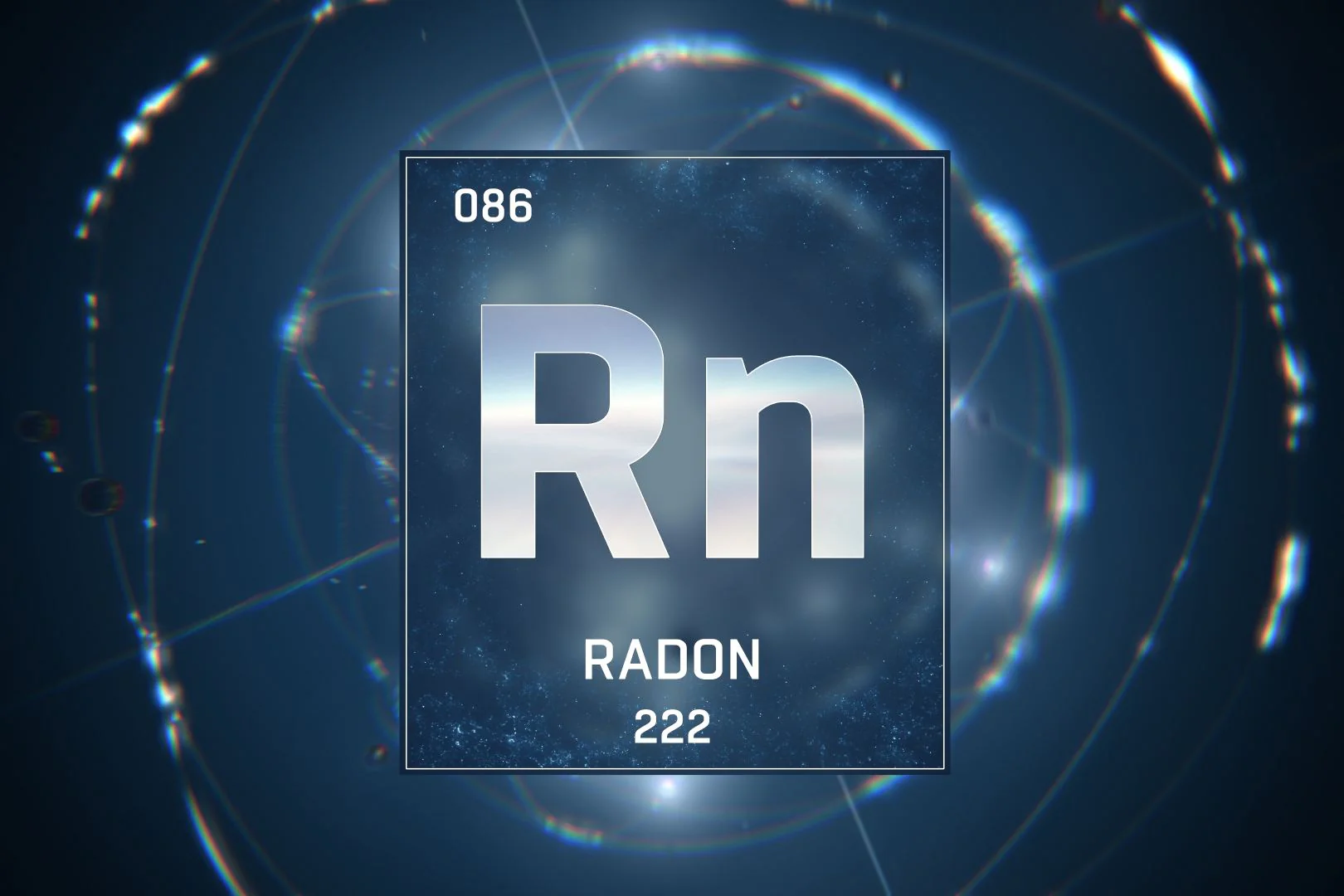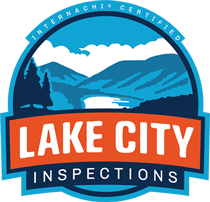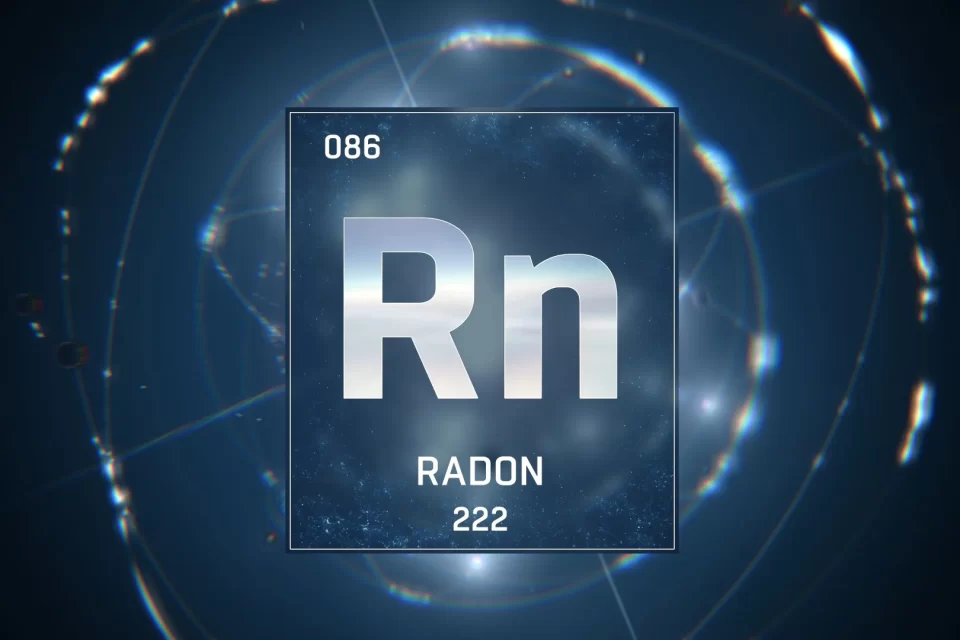
Coeur d’Alene, ID
October 22, 2018
Radon & Buying A Home
April 7, 2024What Is Mold & How Does It Get In My Home?
According to the US EPA, mold is a natural part of the environment and can be found anywhere moisture and oxygen are present. Simply put, mold is everywhere! Even in a healthy home! Mold reproduces by spreading tiny reproductive cells called spores that travel around in air currents. They are so small that they can’t be seen without some assistance from a microscope or similar magnification device. Some spore types easily blow around with even the most minimal disturbance while others are sticky and like to hold on for dear life once they find a surface to land on. Once the spores are produced, they can remain effective (and allergenic) for YEARS even if the spores themselves are “dead”!
As stated above, mold is everywhere, there’s no way to stop it from entering! This is not necessarily a cause for concern in your home UNLESS ample amounts of moisture (and food) are present for mold to thrive. When we say “food”, that doesn’t just mean human food! Mold loves wood, carpet, paper, and insulation too! All things that are present in the construction of your home!
Is Mold Hazardous To My Health?
Contrary to popular belief, this isn’t a straight forward question. Many people across the world enjoy foods such as cheese that are full of mold! (looking at you blue cheese lovers). But when mold enters our lungs it can be a different story. Some individuals will have little to no reaction from being exposed to a large amount of mold spores in the air. Other individuals may experience moderate to severe allergic reactions. Taking it a step further, some people experience very strange and at times unexplainable health conditions related to mold exposure such as autoimmune reactions.
BUT WHAT ABOUT TOXIC BLACK MOLD? Here’s the thing, many molds are black in color (over 20,000 to be precise), but scientifically there’s no such thing as “toxic black mold”. In fact, scientists have yet to discover a breed or color of mold that’s “more toxic” than the others. The truth of the matter is that different individuals react to certain molds differently and science has yet to determine precisely why. So if you find yourself having a reaction to mold in your home, best to simply go ahead and remediate it.
How Do I Get Mold Remediated?
There are many different remediation techniques ranging from consumer grade treatments you can do yourself to full-on professional remediation using highly effective chemicals, containment procedures, and “air scrubbers” that remove spores from the air. The best choice for you largely depends on how much mold you have and how effective you would like the treatment to be. Just like many things in life, you get what you pay for. But you do want to be aware that there are remediation companies out there that will sell you solutions you don’t necessarily need. It’s best to consult with multiple companies so that you can see the range of options available and choose the company that you feel is giving you straight answers with effective solutions.
Something to keep in mind when looking at getting a mold remediation done in your home is that no remediation will be effective long-term if the source of the mold is not addressed as well. For example, many homeowners experience mold problems in their attics as a result of improper ventilation of the attic space that allows for humidity accumulation. If you get the mold remediated but the ventilation problem is not dealt with…you are simply going to have mold growing again in the near future. If the mold remediation company you are considering does not identify the source of the mold or provide solutions to addressing that source, it’s best to start having a conversation with some different companies that are capable of doing so.
Real Estate Transactions & Mold
You’ve found your beautiful dream home and you are excited! You get a home inspection after getting your offer accepted and turns out there is mold in the attic, oh no! Let us just say…DON’T PANIC.
Just because there’s mold in the attic (or anywhere else) doesn’t necessarily mean you have to blow up the deal on your dream home! Mold is a scary word, but it doesn’t have to be. A proper remediation will leave the effected areas cleaner than when the home was first built! The question of what to do when mold is found during a real estate deal comes down to answering a few simple questions:
- What is the source of the mold and how much mold is there?
- How much will it cost to properly remedy the problem?
- Can I negotiate an acceptable solution with the seller that meets my personal situation?
This is where you lean into the professional services of your real estate agent and let them do what you hired them to do! Your agent will help make sure you get the answers to those questions above and then negotiate with the other parties accordingly.
Let us reiterate that just because mold was found in a home doesn’t mean you should abandon the deal for your dream home based on that information alone! You should obtain all the necessary information needed to make an informed decision first. Keep in mind that across thousands of home inspections we’ve found that almost half of all homes we inspect have mold growth in one form or another. Chances are if you pass on the deal for one home over mold, you’ll be facing the same situation for the next home you put an offer on.
Don’t be afraid to let your licensed real estate agent do what you hired them to do and see what happens. The worst that could happen is the sellers don’t offer a deal that meets your personal needs for resolution, but you’ll never know unless you let your agent try. The fact of the matter is that the sellers will have to deal with this condition with any buyer getting their own home inspection. The seller’s agent will most likely advise them of this, which will motivate them to find a resolution. There are many options that can relieve the financial burden from the responsible party, such as pushing the invoice for remediation to escrow to be paid out at the close of the sale.
How To Get Your Home Tested For Mold
Visible mold can be identified during a routine home inspection, and if needed, confirmed through lab testing of swab samples. However, some mold will be hidden in spaces that cannot be seen visibly, such as in wall cavities, carpet pads, etc. This is where a professional mold assessment that includes air testing can be beneficial. Lake City Inspections has performed hundreds of mold assessments across North Idaho. Contact our office today to schedule a mold assessment with your home inspection (or as a standalone service) today!



